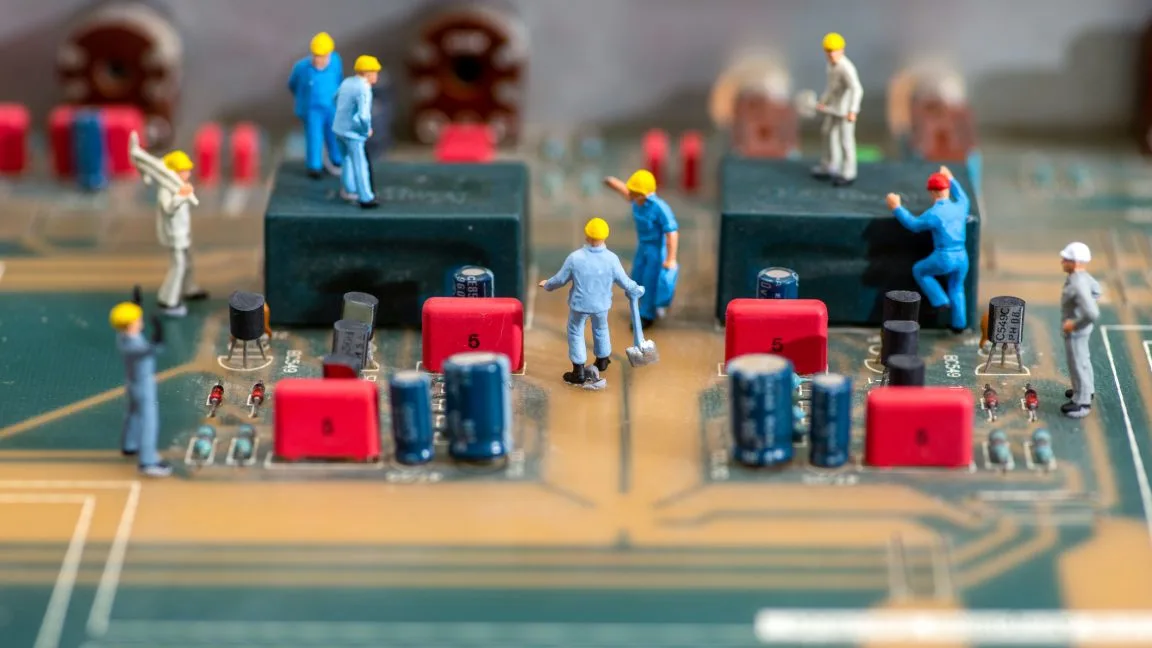Valve runs its massive PC gaming ecosystem with only about 350 employees
Valve runs its massive PC gaming ecosystem with only about 350 employees

Valve runs its massive PC gaming ecosystem with only about 350 employees

Valve runs its massive PC gaming ecosystem with only about 350 employees

Valve runs its massive PC gaming ecosystem with only about 350 employees

When they were at their old location in Bellevue I worked just a few floors up. Their offices are tiny, only a couple of floors for the whole company. It really showed that if you have a banger product you don't need to scale up to hundreds of thousands of employees. They're employees are dedicated, they know exactly what they're doing, and their business supports them.
Valve is a master class in how to run a company. It started as a small company and had a direction they wanted to go: first person games with a strong focus on narrative, which at the time was a big deal. Almost as part of the early FPS genre the silent protag was a feature and having a thin excuse for lots of violence was normal. Then Half Life showed up and showed what depth the genre could have.
From that success they had the resources to make a big movie, which they didn't do right away. They didn't IPO for more money and access to big names in boardrooms that would secure backroom deals. They worked on multiplayer to prove the mod scene building around Half Life. Valve embraced Counterstrike and built around it, including the bones for Steam.
Valve has always been about seeing which way the wind is blowing, what organic direction the market is moving, and then finding their niche in that direction way before anyone else figures out the market. And they didn't need Fortune 500 levels of employee count. They did it with a few people in a room talking honestly about innovation and what projects are exciting, not profit driven.
Hey, what if I could play my games while traveling? Or play them across the house? Simple things real people want to do, they just stepped up and did it. Where everyone else is trying to lock down gaming, they saw the potential in opening it up - and it turned out very profitable.
Valve is a master class in how to run a company.
I wouldn't go that far, they have had their fair share of criticisms of their unique corporate structure. The "no one reports to anyone else" model has seen many complaints of cliques, redundant work, wasted efforts, abandoned projects, and popularity contests to ensure you receive a good review at the end of the year.
They're successful, yeah, but so are a lot of toxic work environments. Hopefully they've improved.
I don't really get why this is a story. They have a smaller staff than game studios who are producing far more complicated properties. That's not surprising. What they build is a large app and network, but this seems normal to me.
There's so little news about Valve that anything is worth writing an article about, apparently.
There's not a lot of industries where the dominant player is such a lean company